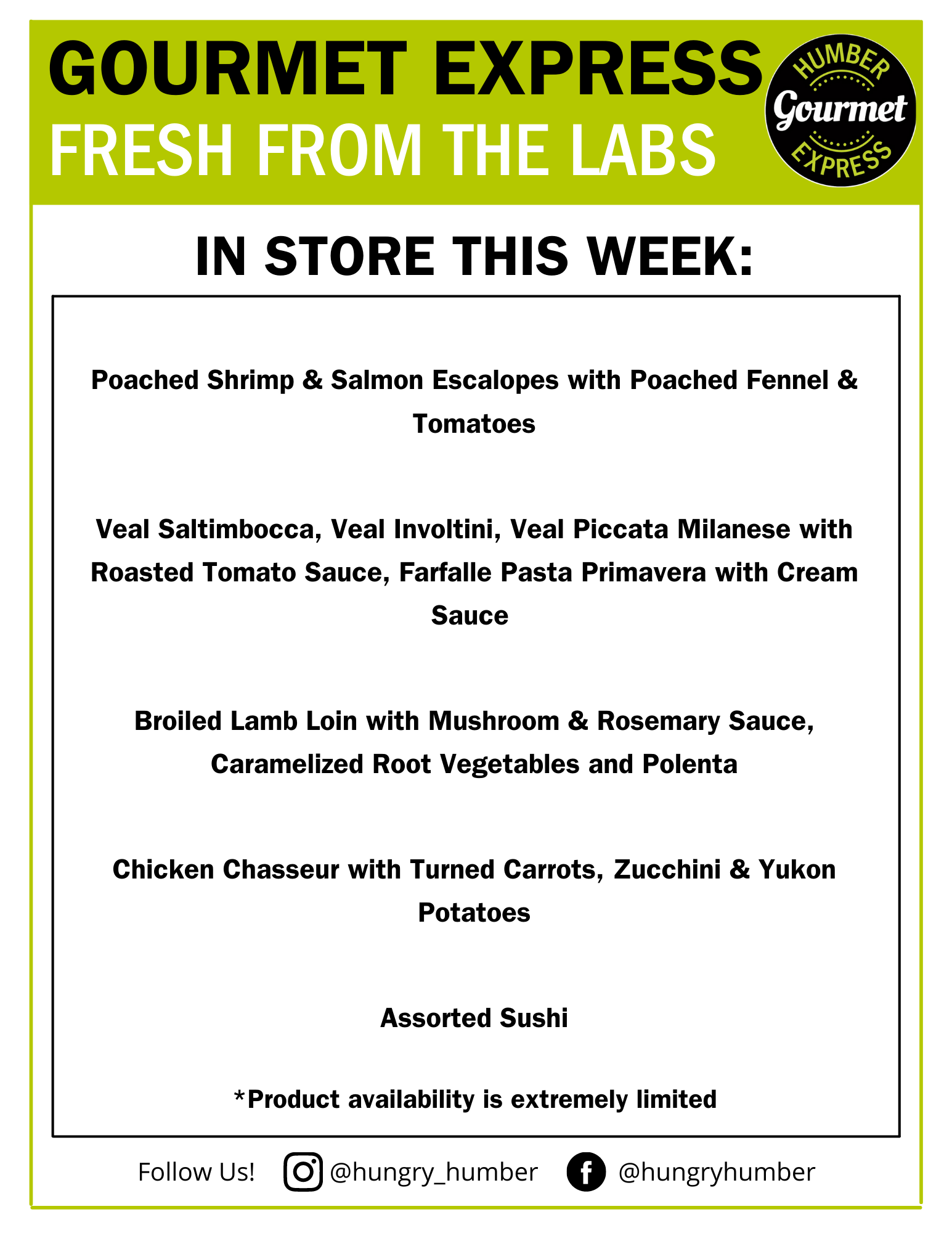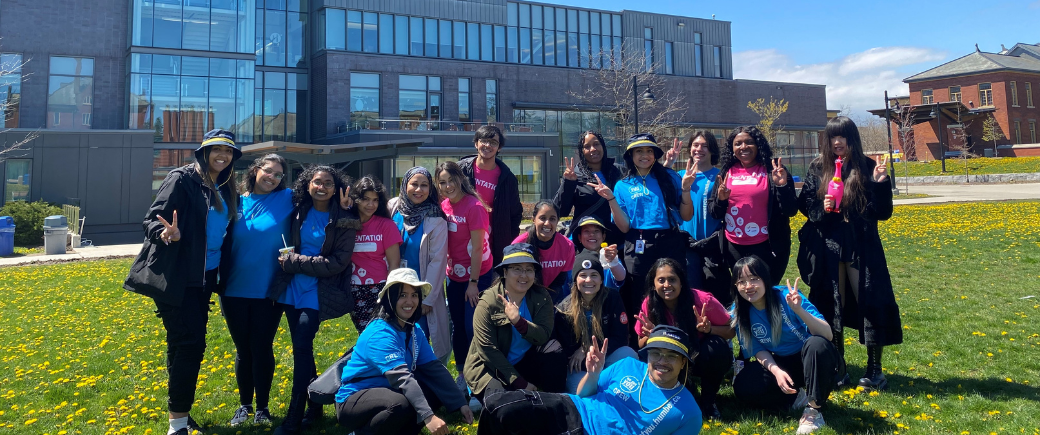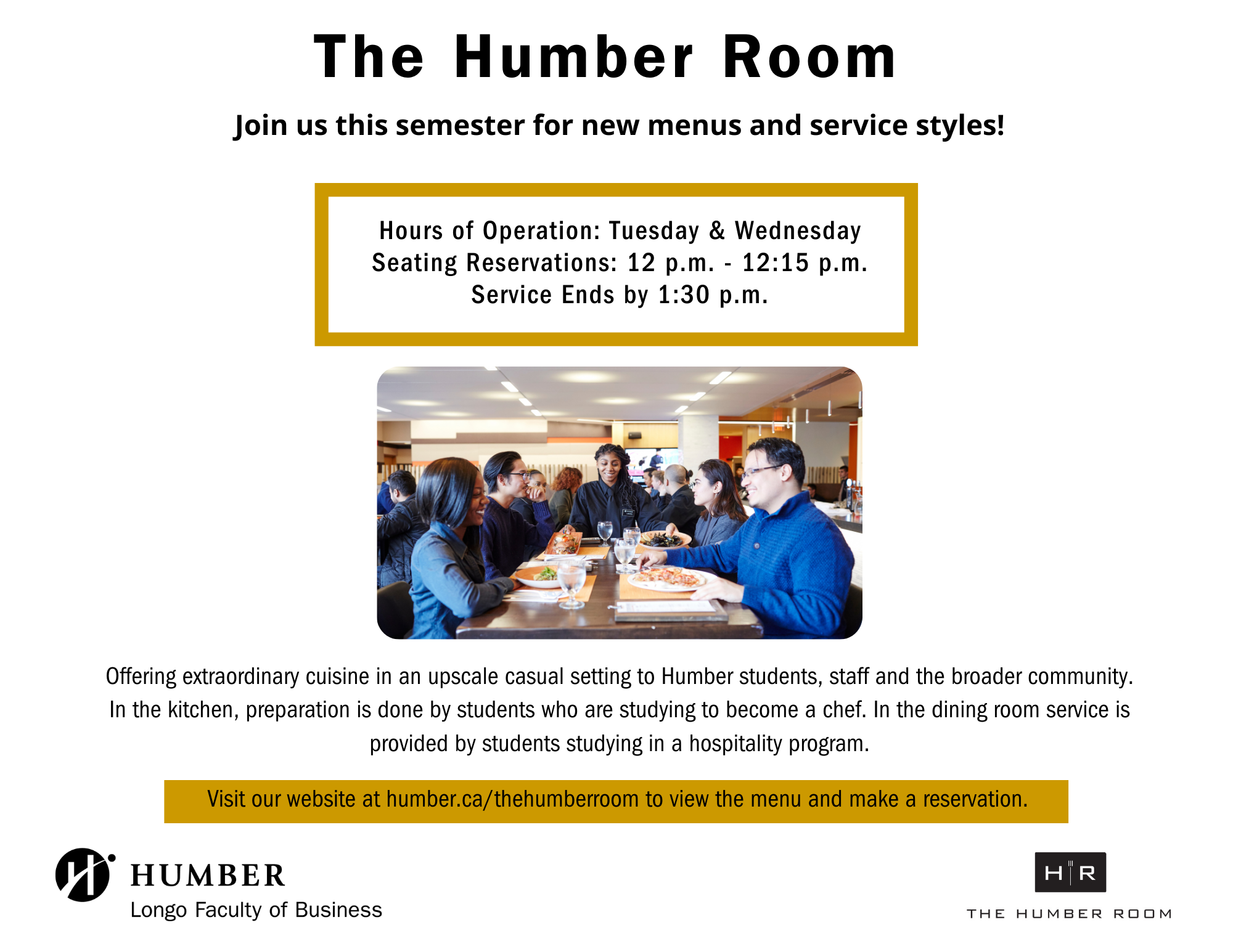Attention Deficit Hyperactivity Disorder (ADHD) is a neurodevelopmental disorder defined by the DSM-5 as “a persistent pattern of inattention and/or hyperactivity-impulsivity that interferes with functioning or development”.
Barriers common to post-secondary learners with ADHD include:
- Academic impairments: Less college readiness, lower GPA, fewer credits earned per semester, higher risk for discontinuous enrollment than among college peers without ADHD; lower rates of degree attainment than among peers without ADHD
- Slow and inefficient reading, frequent errors in math calculation, errors in the mechanics of writing composition (e.g., spelling, grammar)
- Serious problems with time-management, task-completion, organization, and memory
- Social impairments: e.g. difficulty cooperating with others, problems making friends, saying inappropriate things
- Comorbidities, including significant rates of anxiety and mood disorders
- Higher levels of school disengagement and emotional difficulties than among peers without ADHD
Suggestions for instructors on working effectively with learners with ADHD:
- These learners perform better if given a syllabus with clear explanations of tasks and specific due dates. As the semester progresses, regular reminders of impending deadlines.
- Start each lecture with a summary of material to be covered or provide a written outline. At the conclusion of each lecture, review the major points.
- These learners may tend to "drift" mentally during class. They are better able to pay attention when the class material is stimulating and the format varied (for example, lecture alternating with presentations and class discussion).
- Avoid providing verbal instructions only for assignments. Always provide a printed or digital copy of assignment instructions.
- For large projects or assignments, consider a scaffolding approach. Set deadlines for each part, e.g.: proposal of an essay topic, a written plan or outline, a first draft, and a final edited version.
References:
https://www.additudemag.com/college-students-and-adhd-improving-outcomes
Please email us at accessible-learning@humber.ca with suggestions for key accessibility-related topics that you would like us to address through the Communiqué.




